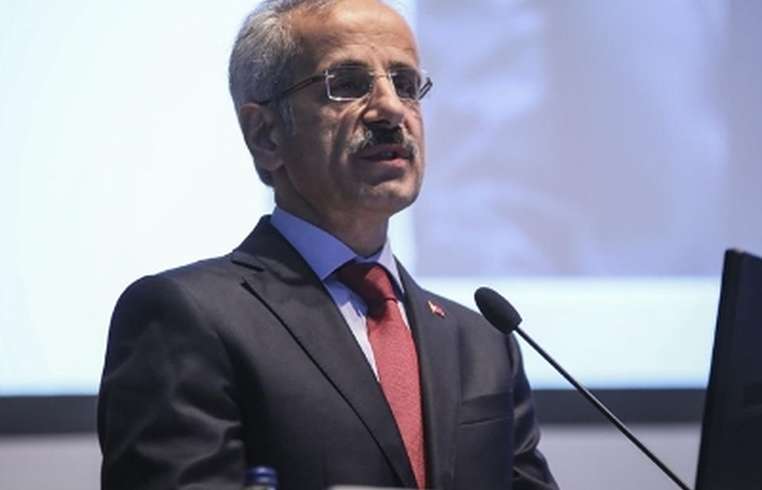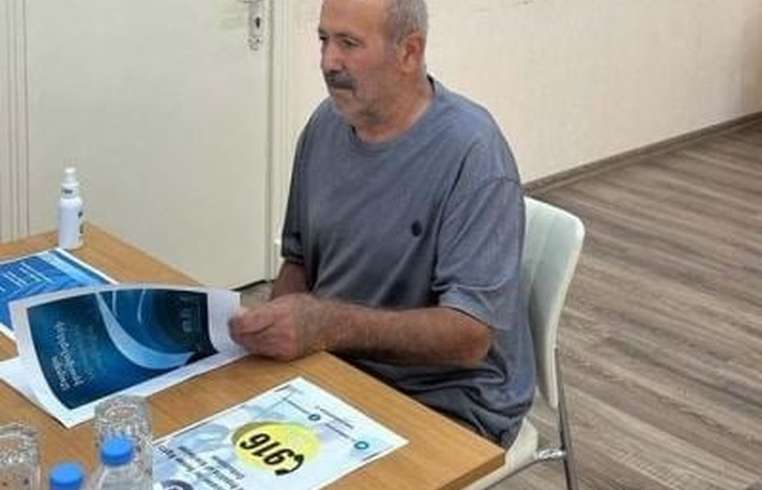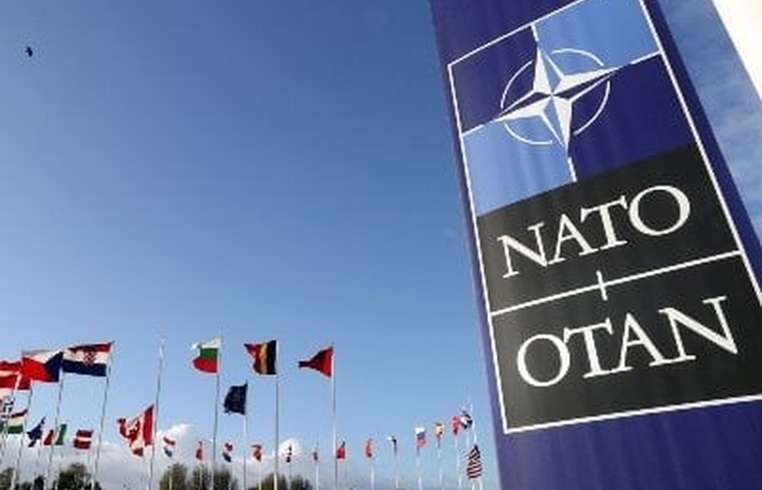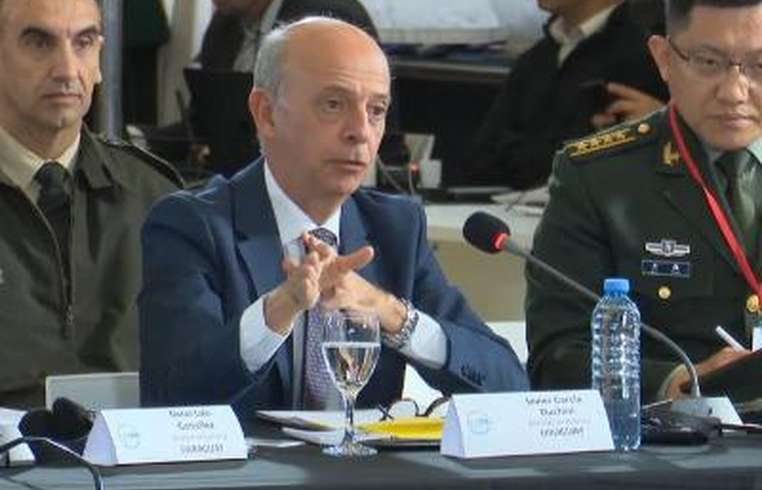
News - Russia MP: I’m ashamed of my colleagues' assessments of events in Karabakh
Business Strategy
Russia MP: I’m ashamed of my colleagues' assessments of events in Karabakh

The emigration of the Armenian population from Nagorno-Karabakh is an Armenian Genocide element, which, to our deep regret and shame, happened before our eyes, and I am ashamed of my colleagues in the State Duma who are happy to tell that this is an act of historical justice, restoration of territorial integrity, etc. Konstantin Zatulin, First Deputy Chairman of the Committee for CIS Affairs, Eurasian Integration and Relations with Compatriots of the Russian State Duma, stated this at the international forum, entitled "Genocide: Remembrance and Prevention," held in Moscow. Zatulin noted that April 24 is a recognized day of commemoration of the victims of the Armenian Genocide in the Ottoman Empire for Armenians worldwide and their friends worldwide. He recalled that in 1995, the Russian State Duma also recognized the Armenian Genocide, and expressed regret that Turkey and Azerbaijan have not and are not preparing to recognize the Armenian Genocide. "I’m not addressing the issues of territorial integrity. We have an expert in this matter, [Prime Minister of Armenia] Mr. [Nikol] Pashinyan, who has told everyone what the territorial integrity of both Azerbaijan and Armenia consists of, and continues to follow this path. In my opinion, this is a deeply internal Armenian issue—although not only Armenian. I, despite what I read from morning to night on Azerbaijani websites and blogs about me, and for some time now on some Armenian websites of Pashinyan's supporters, who banned me from entering Armenia in 2022, never allowed himself to insult the Azerbaijani people," Zatulin noted. According to him, during the many years of the existence of the Karabakh issue, he has always advocated the recognition of the right of the Nagorno-Karabakh people to exist in an independent status and the return of a part of the territories, which came under Armenian control in 1994, along the Nagorno-Karabakh border. The Russian lawmaker called what happened during these years, starting from the 2020 Nagorno-Karabakh war and then from 2023, a tragedy and a story that will have unconditional consequences in the future. "And all those who, in words or in fact, want to establish some kind of neighborly relations between the conflicting parties in this region cannot support such a solution to the problem," Konstantin Zatulin added.






